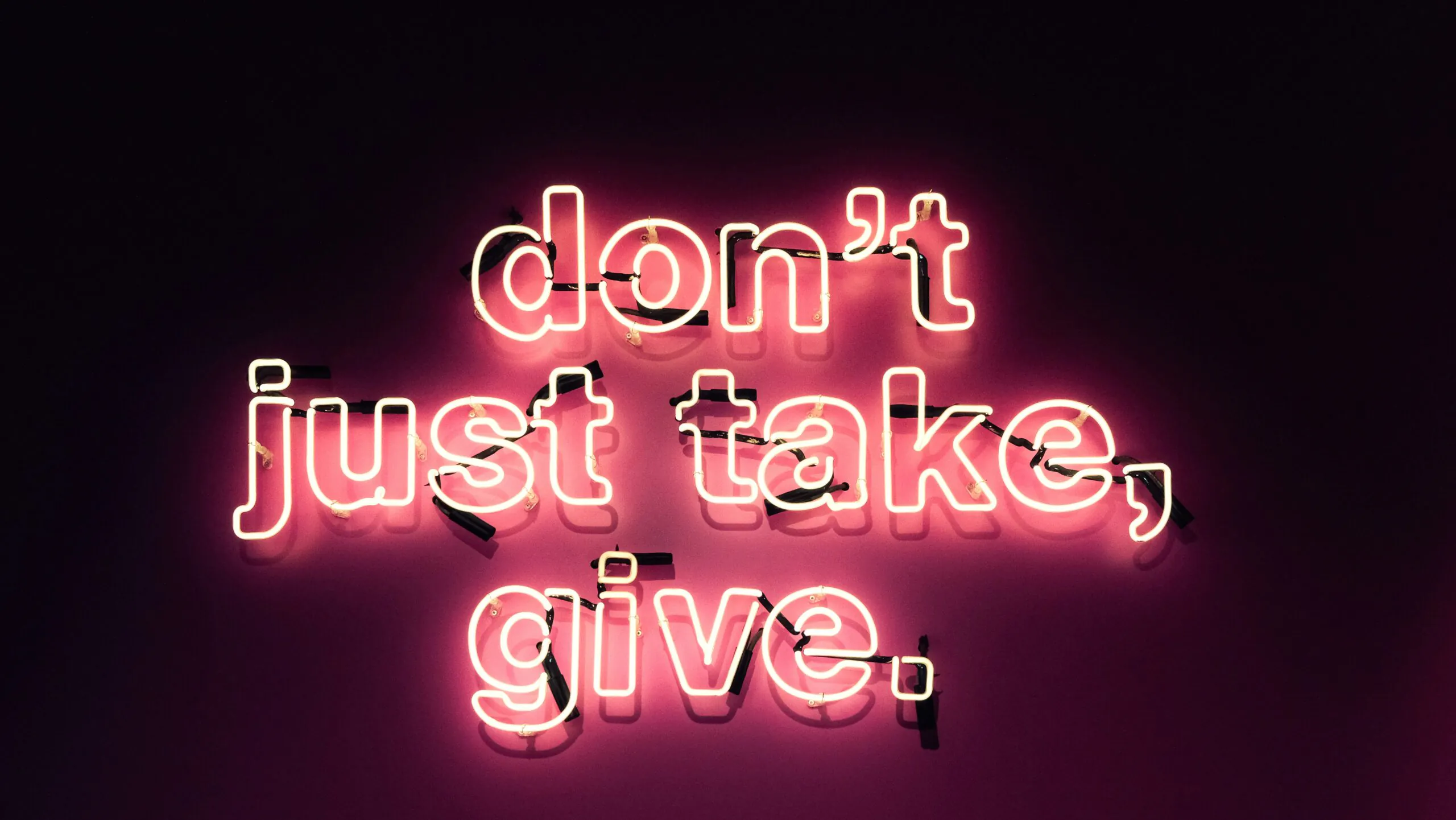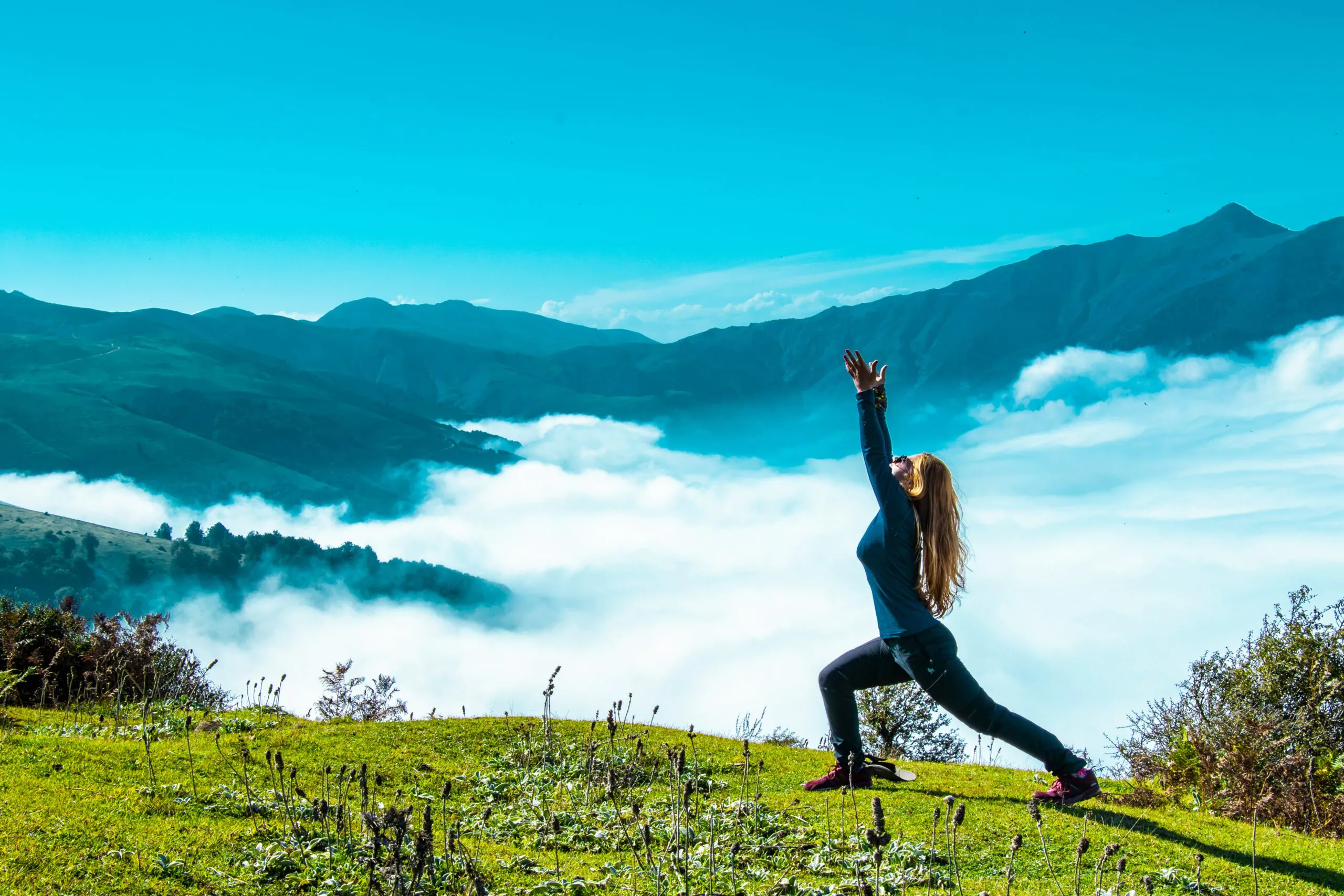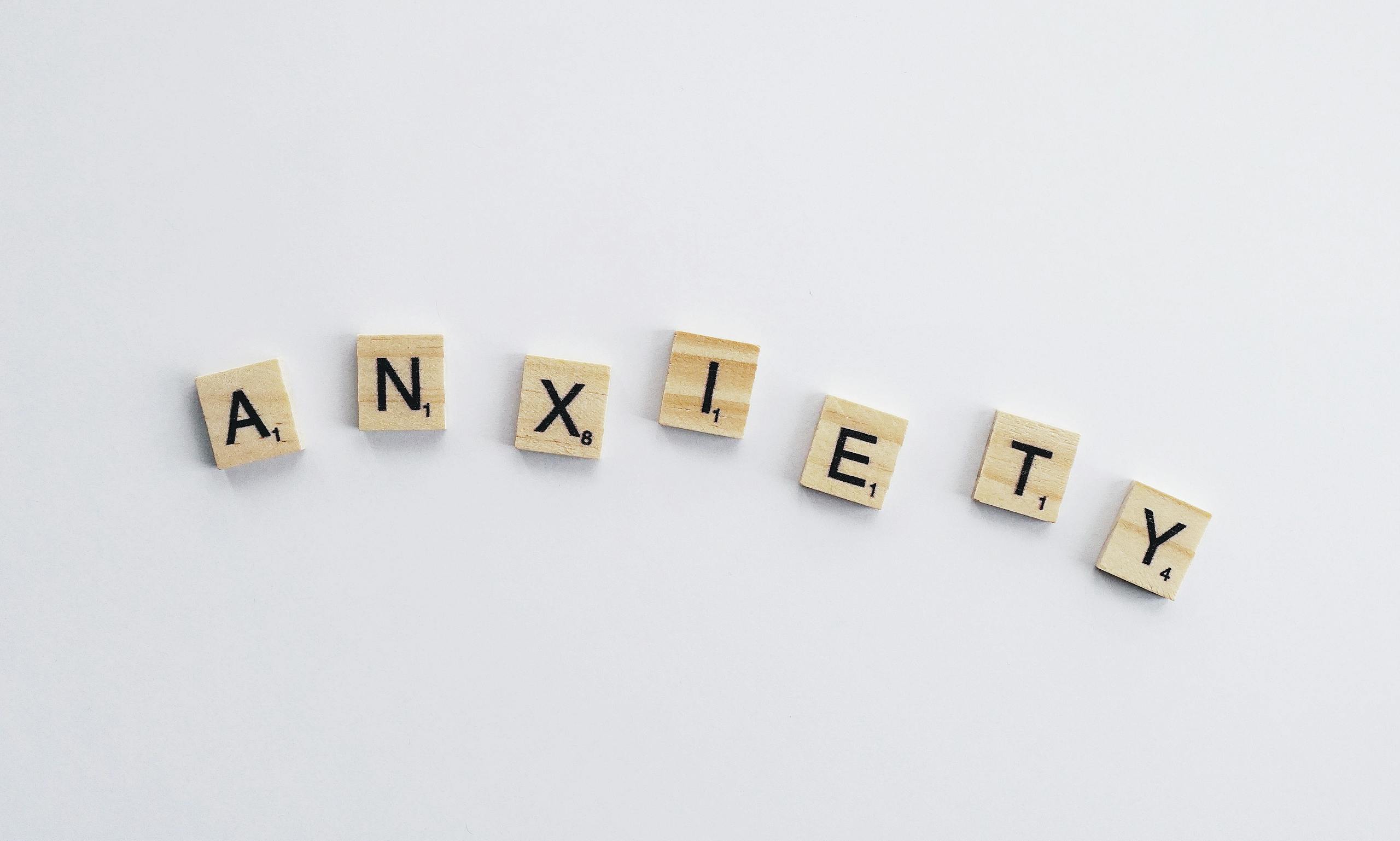Finding Balance: Managing Exhaustion in the Nomadic Lifestyle
There’s something magical about working while watching waves crash on a distant shore or sipping coffee in a café halfway around the world. The remote worker lifestyle promises freedom, adventure, and endless possibilities—yet beneath this idyllic surface lurks a challenge many wandering professionals face but few discuss openly: overwhelming fatigue and emotional depletion.
As liberating as location independence can be, juggling deadlines while constantly adapting to new environments can take a surprising toll on your wellbeing. Understanding how to recognize and address these struggles is essential for anyone hoping to sustain this adventurous way of life.
The Hidden Struggles Behind the Instagram Posts
Behind those enviable social media snapshots of laptops perched by infinity pools lies a more complex reality. Working remotely while traveling introduces unique stressors that traditional workers don’t face. Between navigating unfamiliar cities, adjusting to time zone shifts, and meeting professional obligations, the mental load accumulates quickly.
Despite the freedom of movement, your body and mind still require stability and rest—something easily forgotten when each day presents new experiences. The transitions between locations may seem exciting but disrupt the routines that normally anchor our productivity and wellness. Contrary to what friends back home might think, you’re not perpetually on vacation—and the pressure to maximize both work output and travel experiences can become overwhelming.
Recognizing When You’re Approaching Your Limits
Catching early warning signs can help you course-correct before reaching complete exhaustion. Watch for these indicators:
- Persistent weariness: Feeling drained regardless of how much you sleep
- Declining efficiency: Previously simple tasks becoming inexplicably difficult
- Inspiration drought: The creative spark and motivation that fueled your work begins to dim
- Emotional disconnection: A growing sense of detachment from both professional projects and personal experiences
- Shortened fuse: Finding yourself irritated by minor inconveniences that normally wouldn’t bother you
- Physical warnings: Recurring headaches, muscle tension, or digestive issues that seem stress-related
If several of these symptoms feel familiar, it’s time to pause and reassess your approach to remote work and travel.

Creating Sustainable Habits Before Crisis Strikes
Preventing exhaustion requires intentional practices that protect your wellbeing while maintaining your freedom to roam. Consider these approaches:
1. Create Clear Distinctions Between Work and Exploration
When your bedroom doubles as your office, which sits inside your vacation destination, boundaries blur easily. Establish defined working hours and honor them as you would in a traditional setting. Whether you’re overlooking the Mediterranean or nestled in a mountain village, set aside dedicated time to immerse yourself in your surroundings without thinking about deadlines.
If you’ve spent your morning responding to emails and attending virtual meetings, dedicate your afternoon to wandering through local markets or relaxing in a park. Your cognitive resources need time to replenish, and maintaining separation between professional and personal time makes both more fulfilling.
2. Embrace Slow Travel
The temptation to see everything can lead to a frantic pace that undermines the freedom you sought in the first place. Rather than bouncing between destinations weekly, consider settling in locations for a month or more. This approach allows you to:
- Develop comforting routines in new environments
- Reduce the constant cognitive load of orientation
- Form meaningful connections with locals and fellow travelers
- Truly experience places rather than merely checking them off a list
Extended stays dramatically reduce the mental and physical toll of constant movement while often providing better accommodation rates and deeper cultural insights.
3. Make Wellbeing Non-Negotiable
When balancing work commitments and exploration opportunities, self-care often falls to the bottom of the priority list. Instead, treat your wellbeing practices as essential appointments you wouldn’t dream of canceling:
- Move regularly: Find exercise you enjoy, whether it’s joining local yoga classes, swimming, or simply walking extensively through new neighborhoods
- Quiet your mind: Even five minutes of mindfulness practice can reset your nervous system and improve focus
- Protect your rest: Establish a consistent sleep routine despite changing locations, using sleep masks, white noise apps, or whatever helps you adapt to new environments
Rebuilding When You’ve Reached Your Limits
If you’re already experiencing serious exhaustion, recovery requires patience and intention. Consider these steps to restore your equilibrium:
1. Accept Where You Are
Many location-independent professionals pride themselves on resilience and independence, making it difficult to admit when things aren’t working. Acknowledging your struggle isn’t failure—it’s the necessary first step toward reclaiming your wellbeing and the joy of your chosen lifestyle.
2. Press Pause
Sometimes the most productive thing you can do is temporarily stop producing. Whether it’s a complete vacation or simply scaling back your workload, give yourself permission to step away. This might mean:
- Taking a week completely disconnected from professional responsibilities
- Staying put in one location without pressure to sightsee or “maximize” your experience
- Focusing exclusively on activities that replenish rather than deplete you
Remember that this pause isn’t indulgence—it’s maintenance necessary for sustainable success.
3. Rediscover Your “Why”
Exhaustion often coincides with losing sight of what drew you to this lifestyle initially. Take time to reflect on your fundamental motivations:
- What aspects of location independence still bring you joy?
- Which professional projects align with your core values?
- How might you restructure your approach to better serve your original vision?
Reconnecting with your deeper purpose can reignite motivation when mechanical productivity fails.
4. Seek Professional Guidance
If your exhaustion has significantly affected your mental health, connecting with a professional can provide tailored strategies for recovery. Many therapists now offer virtual sessions specifically designed for people living mobile lifestyles, making support accessible regardless of your location.
Cultivating Longevity on the Road
For sustainable nomadic living, consider these additional practices:
Find Your Tribe
The freedom of movement can sometimes lead to isolation, which intensifies feelings of depletion. Actively seek connections through:
- Coworking spaces that attract like-minded professionals
- Online communities like Nomad List that facilitate in-person meetups
- Retreats and events specifically designed for remote workers
Sharing both challenges and triumphs with people who understand your lifestyle provides emotional support and practical wisdom.
Set Achievable Expectations
Ambition drives many location-independent professionals, but unrealistic expectations quickly lead to disappointment and exhaustion. Be honest about your capacity, accounting for both work demands and the energy required to navigate new environments. Setting reasonable targets helps maintain motivation without triggering overwhelm.
Embrace Systems That Liberate
The cognitive load of managing both professional responsibilities and constant travel decisions can be overwhelming. Develop organizational systems that free mental space:
- Use project management tools to track work commitments
- Create templates for finding accommodations and workspaces in new locations
- Establish routines that can travel with you, providing continuity amid change
The Sustainable Adventure
The nomadic professional lifestyle offers extraordinary possibilities for combining meaningful work with worldly exploration. By acknowledging its unique challenges and intentionally protecting your wellbeing, you can create a sustainable approach that preserves both your livelihood and your sense of wonder.
Remember that the true freedom of location independence isn’t just geographical—it’s the ability to design a life that respects your humanity while embracing adventure. With thoughtful practices and occasional course corrections, you can enjoy the journey without sacrificing yourself along the way.
Related Post: Destinations with the Best Work-Life Balance for Digital Nomads













